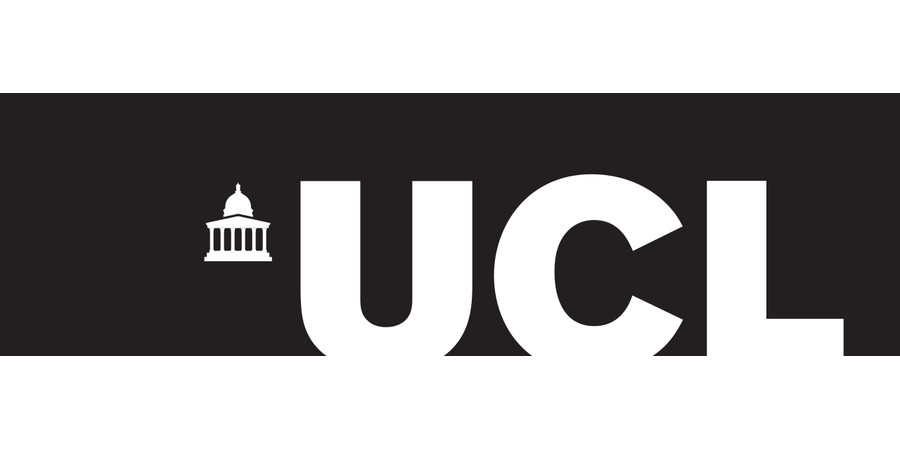Research Assistant/Fellow in Infectious Disease Modelling
UCL - Institute for Global Health (IGH)
| Location: | London |
|---|---|
| Salary: | £38,357 to £51,610 |
| Hours: | Part Time |
| Contract Type: | Fixed-Term/Contract |
| Placed On: | 15th November 2024 |
|---|---|
| Closes: | 29th November 2024 |
| Job Ref: | B02-07983 |
About us
The UCL Institute for Global Health (IGH) is at the heart of UCL’s Grand Challenge of Global Health. The Institute’s vision is for a world where international policy on global health is informed by world-class research. IGH aims to support the development of robust solutions to aspects of the world’s major global health challenges through scholarly outputs, education, public engagement, translational research, and ultimately by influencing public policy and professional practice.
We are seeking a highly motivated researcher with experience in the development of mathematical models of infectious disease transmission and a strong interest in working across disciplines and in partnership with affected communities to develop these models.
About the role
In this post you will bring expertise in infectious disease modelling to work with other disciplines and people of lived experience to co-produce transmission models of mpox and other infections in the UK, exploring research questions generated in partnership between researchers, affected community members and other stakeholders. You will reflect on the approaches, methods and tools that you and the project develop to support this process and work with the team to disseminate learnings about both the research questions you address and the co-production process and tools to support it.
This post involves the application and interrogation of key mathematical epidemiology skills: transmission model development and implementation, application to jointly defined research questions, model calibration and analysis and could involve working with different types of model (e.g. compartmental or network/individual-based).
You will have excellent opportunities for career development, and capacity development is a core value of the project. This includes support to develop your own research ideas, contribute to related projects and teaching, and develop your cross-sectoral network in epidemiological and interdisciplinary responses to epidemics and co-production.
This is a part-time role (i.e. 0.8 FTE, 29.2 hours per week) and it is available from January 2025 for 24 months in the first instance.
About you
The successful candidate must have experience in modelling of infectious disease transmission or mathematical modelling in another sector (e.g. simulation modelling in ecology, health economics, social sciences), with interest in epidemiology and public health and experience in quantitative data analysis and statistics, and familiarity with core epidemiological concepts around sampling, study design principles, and bias.
The ideal candidate will have excellent organisational skills with careful and systematic approach to tasks. They will also have good proficiency in coding (e.g. in R, Python) for model implementation, simulation, analysis and presentation of results.
The post holder will have a PhD (or master’s degree, in the case of Grade 6B) in epidemiology, public health, applied mathematics, statistics, data science, applied computing, ecology, or others or equivalent substantial experience.
For further information on this role, please visit UCL Careers website.
Advert information
Type / Role:
Subject Area(s):
Location(s):









